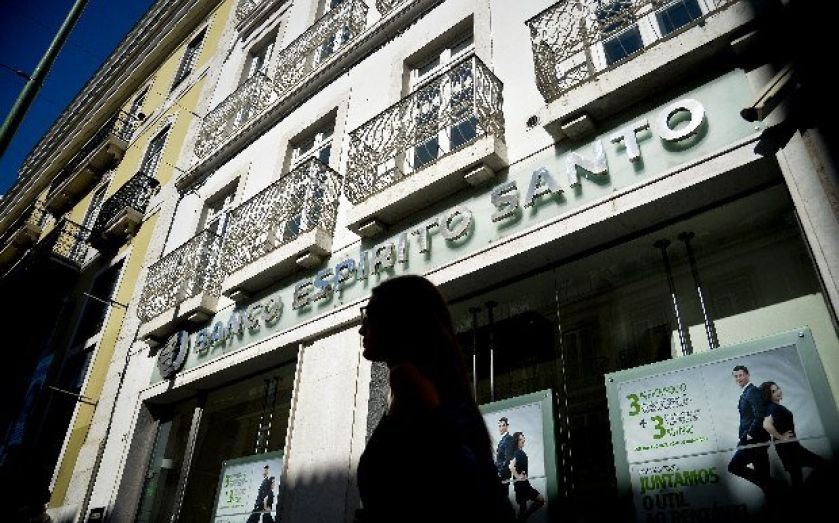European markets brush off contagion fears as troubles at Banco Espirito Santo rumble on

Shares in troubled lender Banco Espirito Santo (BES) took a further drubbing this morning but European markets appeared to shrug off concerns that the crisis at the Portuguese bank would spill over.
Shares in Portugal's largest listed bank by assets are trading 7.9 per cent lower at pixel time, after some significant fluctuations in the stock price earlier this morning. The stock had jumped seven per cent higher on news that the country's central bank was accelerating management changes at the beleaguered lender as well as a statement from Espirito Santo Financial Group (ESFG), the bank's main shareholder, announcing it had sold a five per cent stake to repay a loan taken during the bank's May capital increase.
The sale has loosened the grip of the Espirito's family on the lender, reducing its stake to 20.1 per cent.
"The proceeds of the sale, together with certain other collateral held by the lending bank, will result in the full and final payment of the margin loan and fully extinguishes all obligations thereunder," ESFG said in a statement.
Investors in Europe this morning seem to have regained their confidence, disregarding fears that the troubles in Lisbon could deal a further blow to the stuttering recovery of confidence in the region's financial systems.
Rebounding from last week's selloff that sent US and EU stocks tumbling, bringing to mind the dark days of Europe's sovereign debt crisis, shares in the pan-European Eurofirst 300 were up 0.6 per cent, the German Dax climbed 0.7 per cent while stocks in the French Cac were trading 0.5 per cent higher. Portugal's benchmark index the PSI 20 was actually up by 0.3 per cent despite the problems at BES.
Alarm over the health of the Lisbon-listed bank hit markets as anxiety that its assets are overvalued and the fact that its parent group, Espirito Santo Financial Group, missed a debt repayment, made the news.
The International Monetary Fund said last Thursday that the Bank of Portugal acknowledged "pockets of vulnerability" in the Portuguese banking system that warranted corrective measures and supervision.